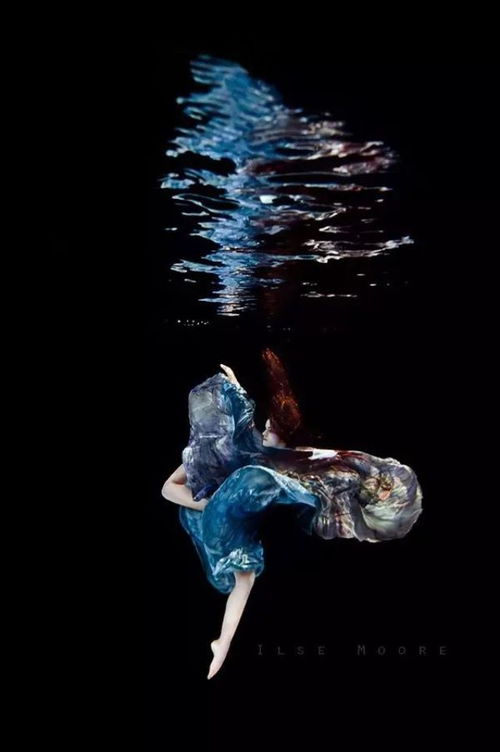Content:
The world of fishing is vast and varied, offering enthusiasts a plethora of experiences and challenges. One such challenge is night fishing, where the tranquility of the night sky and the calm waters provide a unique and serene environment to catch your catch. However, fishing at 3 AM is not for the faint-hearted; it requires patience, skill, and a good understanding of the night fishing techniques. In this article, we will delve into the art of night fishing and provide you with essential tips to improve your chances of success at 3 AM.
Understanding Night Fishing
Before we dive into the specifics of fishing at 3 AM, it's important to understand the dynamics of night fishing. Fish are less active during the night, and their behavior changes significantly. They tend to feed more cautiously and are more sensitive to noise and light. Therefore, the approach to night fishing must be different from that of day fishing.
Choose the Right Location
The first step in night fishing success is selecting the right location. Look for areas where fish are known to congregate at night. This could be near drop-offs, around structures, or in deeper waters. If you're fishing in a lake, try to find areas with a good mix of vegetation and open water. For rivers, focus on slower currents and areas with plenty of cover.
Gear Up Properly
Your gear should be designed for night fishing. Here are some essential items:

- Night Vision or Headlamp: A good quality headlamp or night vision device is crucial for seeing in the dark without spooking the fish.
- Silent Reels and Lures: Choose reels and lures that are as silent as possible to minimize noise and vibrations.
- Longer Rods: Longer rods help to keep your movements less noticeable to fish.
- Strong Line: Night fishing often involves larger fish, so make sure your line is strong enough to handle them.
Timing is Everything
Fishing at 3 AM is not just about being awake; it's about understanding when the fish are most active. Typically, fish are most active during the first few hours of darkness and then again as the first light of dawn approaches. This means that the prime time for night fishing is often between 2 AM and 5 AM.
Use Live Bait or Artificial Lures Wisely
During the night, fish are more cautious and prefer natural-looking baits. Live bait can be very effective, but it must be presented in a way that mimics the natural movement of the prey. Artificial lures should be chosen carefully, with those that mimic the movement of insects or small fish being particularly effective.
Be Patient and Quiet
Patience is key when night fishing. Fish are less active, and it may take longer to get a bite. Additionally, being quiet is crucial. Any sudden movements or loud noises can scare fish away. Move slowly and carefully, and try to minimize your presence.
Adjust Your Technique
Since fish are less active at night, you'll need to adjust your technique accordingly:
- Slower Retrieval: Fish are less likely to chase down a lure, so a slower retrieval rate can be more effective.
- Longer Casts: Cast further out to give the fish more time to investigate the bait before they decide to strike.
- Use of Soft Plastics: Soft plastics that wobble or flutter in the water can be very effective at night.
Learn from the Experts
If you're new to night fishing, consider joining a guided fishing trip or attending a night fishing workshop. Learning from experienced anglers can provide invaluable insights and tips that you might not discover on your own.
Conclusion
Night fishing at 3 AM can be a rewarding and memorable experience, but it requires a different set of skills and techniques compared to day fishing. By understanding the unique challenges of night fishing, choosing the right location and gear, and adjusting your approach, you can increase your chances of success. Remember, patience and a quiet demeanor are your best allies in the dark waters. With the right preparation and mindset, you'll be well on your way to catching some of the night's most elusive fish.












